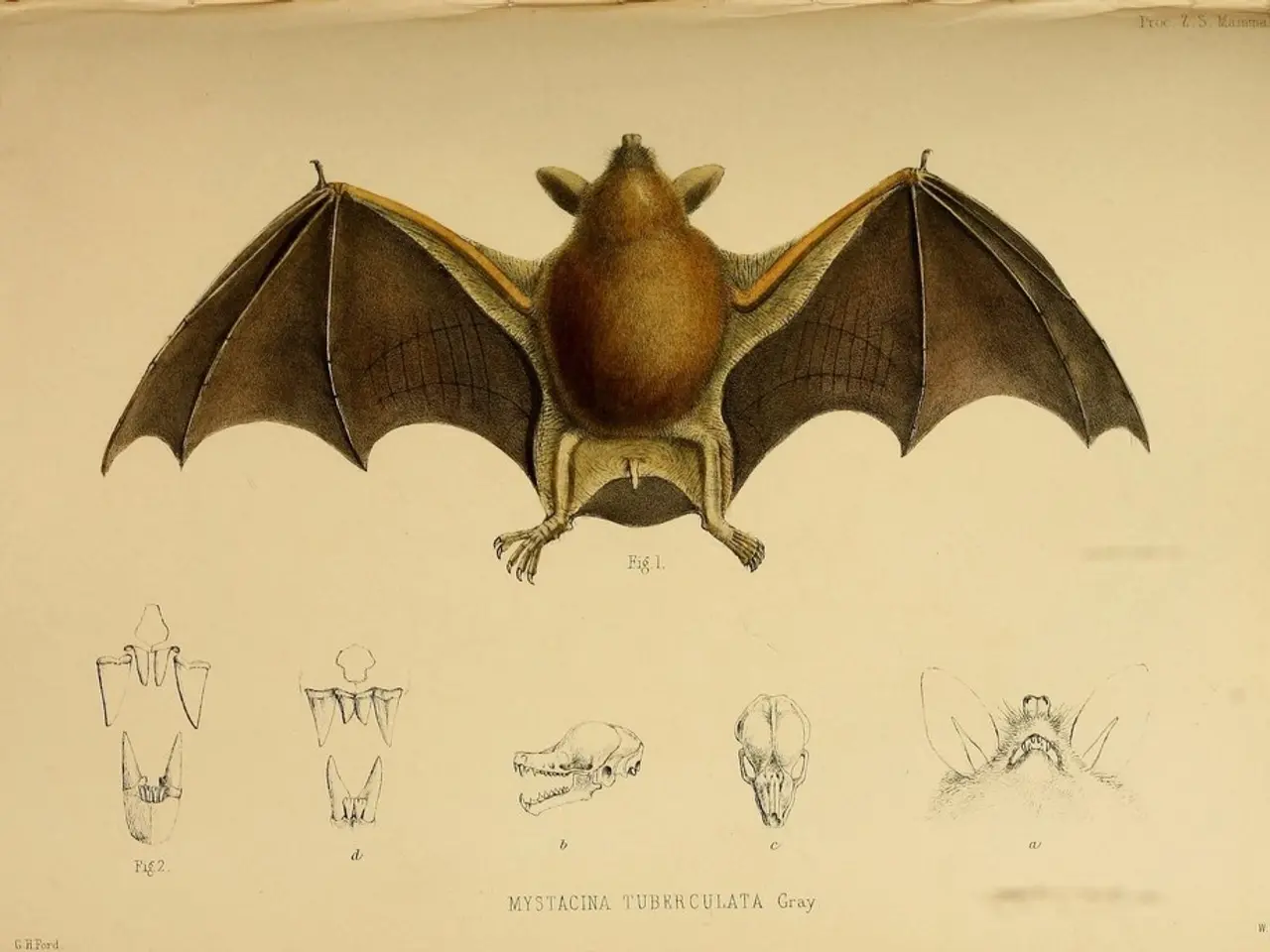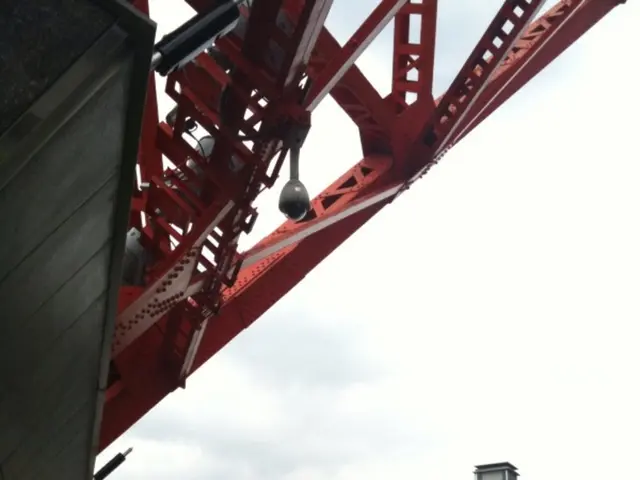Ford strives to domestically produce battery components in the United States
Ford Shifts to Lower-Cost Lithium Iron Phosphate (LFP) Batteries for EV Production
Ford Motor Company is set to transition part of its electric vehicle (EV) production to lower-cost lithium iron phosphate (LFP) batteries starting in 2026. The move will be facilitated by a new $3 billion battery factory in Marshall, Michigan, which will commence production next year.
The factory, slated to open in 2026, will mark the end of the necessity for importing batteries and will significantly boost Ford's EV production. The new facility will manufacture LFP batteries independently of the existing BlueOvalSK joint venture that currently produces high-density NMC batteries.
LFP batteries are designed for affordability and efficiency, making them an ideal choice for Ford's strategy to make EVs more accessible while maintaining quality and efficiency. These batteries offer higher energy density with fewer materials, reduce fire risk, and allow for fast charging.
Ford's Universal EV Platform, which includes vehicles with cobalt- and nickel-free LFP prismatic battery packs, will start with a midsize electric pickup scheduled for launch in 2027 at the Louisville Assembly Plant. The platform integrates the LFP battery pack as a structural component of the vehicle floor, improving handling and interior space.
While the Ford Mach-E SUV and F-150 Lightning currently use NMC batteries, Ford's broader strategy includes expanding LFP battery use to achieve profitability and cost efficiency in new EVs going forward. The exact timing of LFP batteries in these particular models has not been detailed in the latest reports, but the new factory opening in Michigan by 2026 and the introduction of the LFP-based vehicle platform by 2027 imply a phased rollout.
Ford's focus on battery production in the US is part of its efforts to meet future EV targets and compete with rivals. The company is collaborating with SK Innovation and Colorado-based Solid Power to develop solid-state batteries (SSBs). Ford also acquired Auto Motive Power (AMP), a Los Angeles-based startup, to ramp up charging and battery management technologies.
In addition to its battery initiatives, Ford's sales figures are on the rise. The company sold 4.2 million vehicles worldwide in 2022, with a 9.9% increase in Q2 2023 compared to Q2 2022. Ford's sales figures may disrupt its rivals' sales figures in North America and globally in a few years.
Rumors suggest that the new Ford Taurus may have a sodium solid-state battery and will be available only in the Middle East. However, Ford has not confirmed these reports.
References:
[1] Ford Authority
[2] Electrek
[3] Detroit Free Press
[4] The Verge
Read also:
- Ford Presents Economical Electric Vehicle Strategy: Boasts a Lower Total Expense over a Five-Year Period than a Pre-owned Tesla Model Y from Three Years Ago
- New release for 2026: Dodge Charger Scat Pack with gas-powered engine, due out by year's end.
- Volkswagen's Compact Hatchbacks Continue to Dominate Podcast Discussion on WardsAuto
- New platform launched by SwaggyX, powered by AI, focuses on Web3-based predictions







